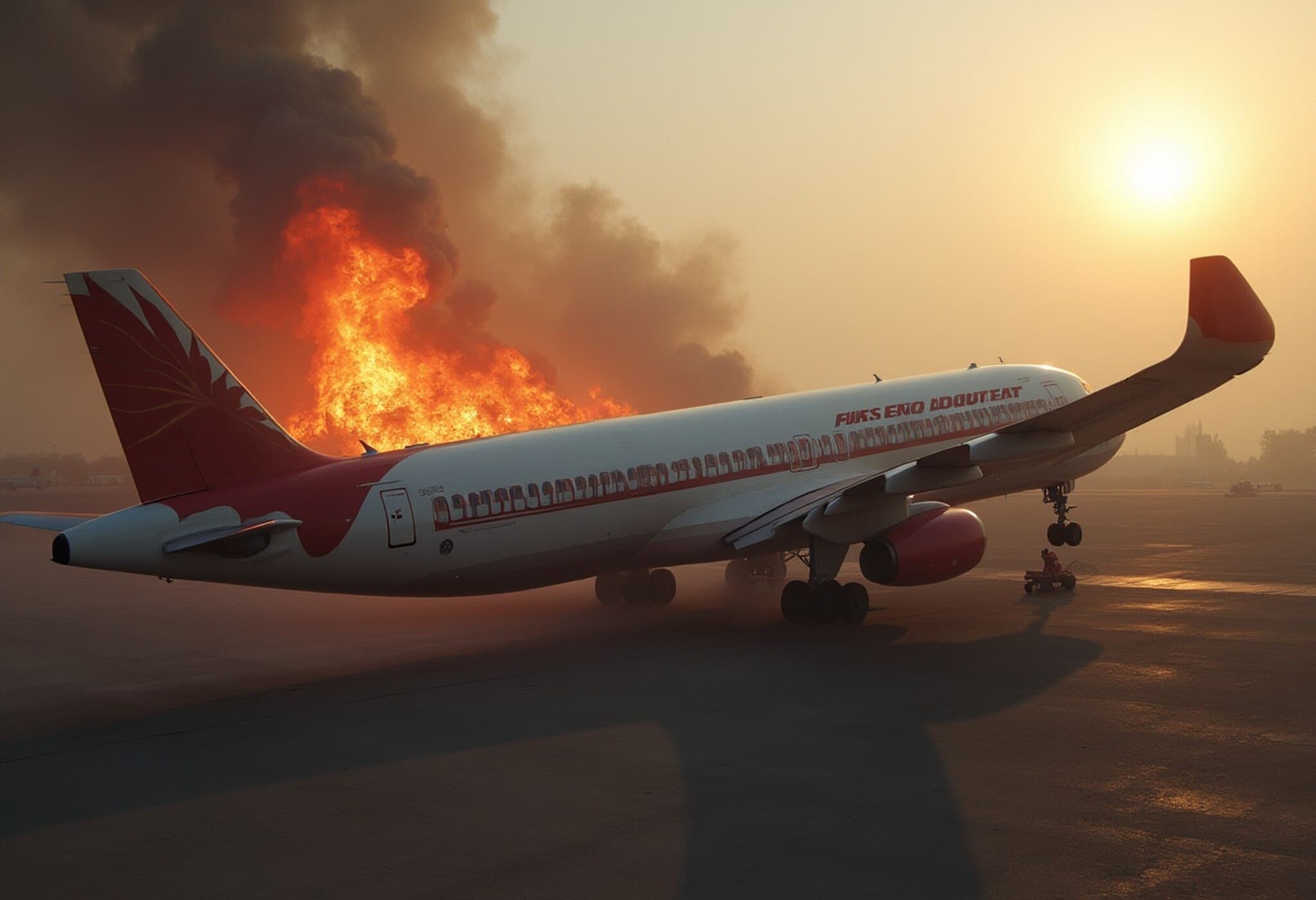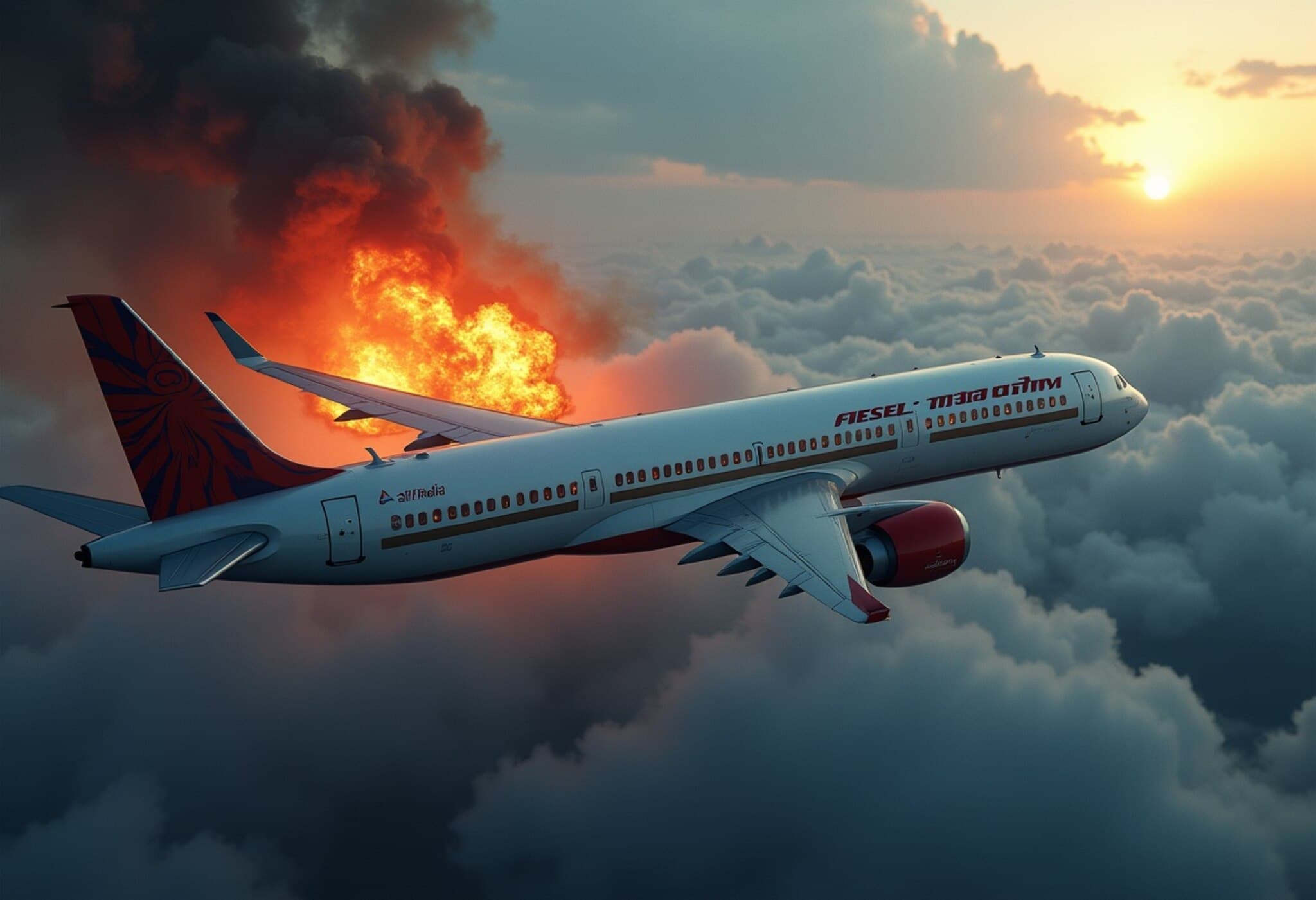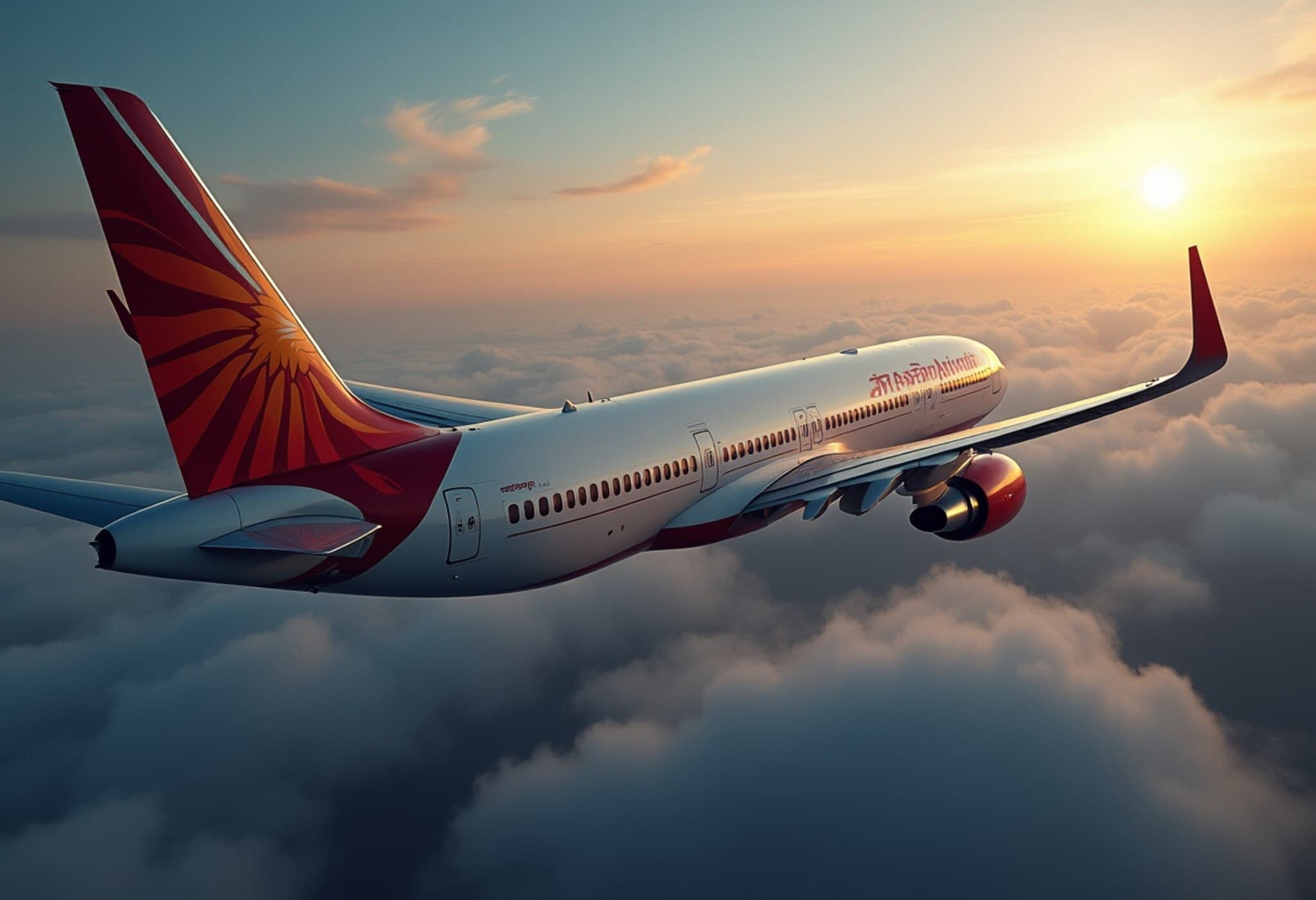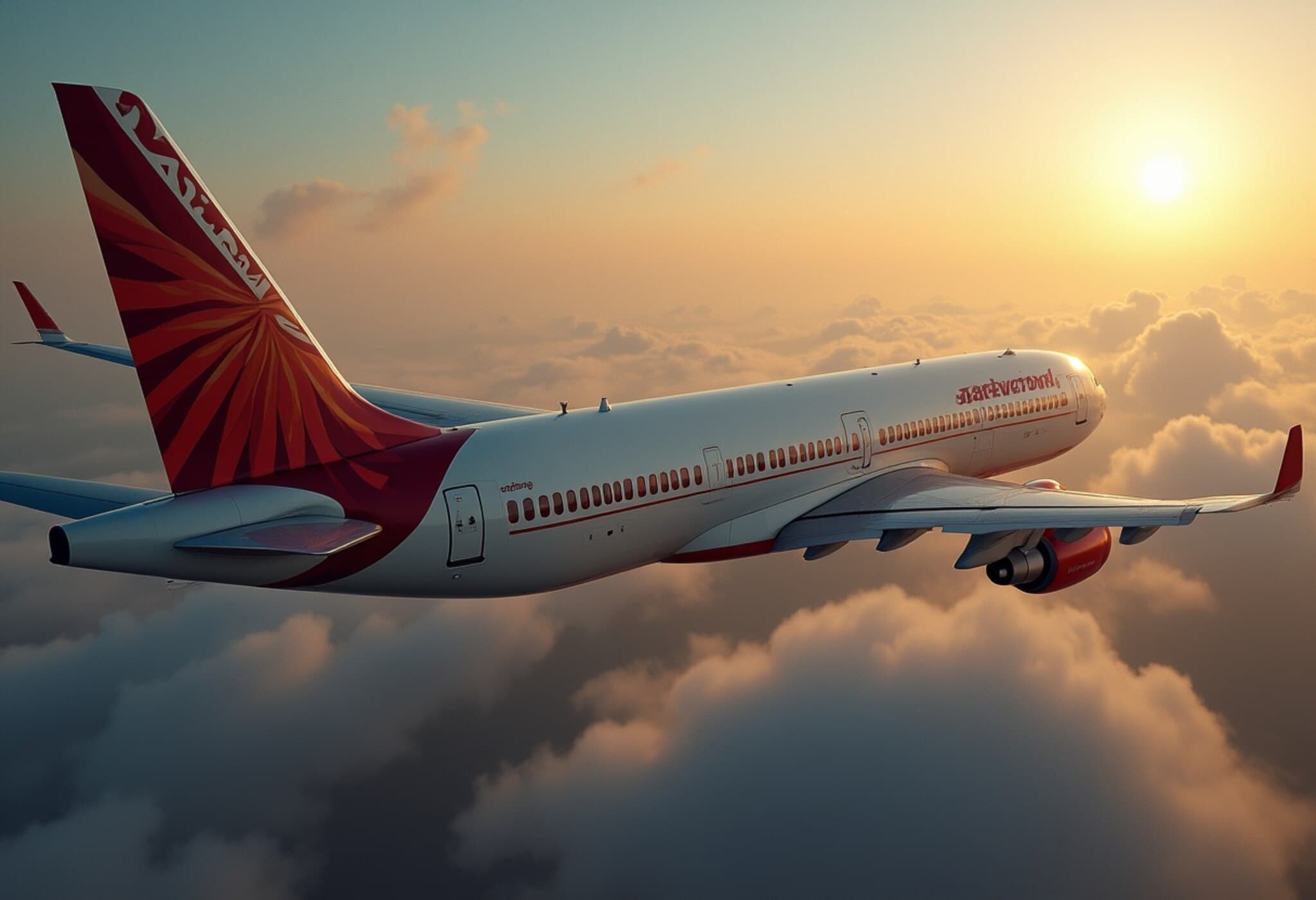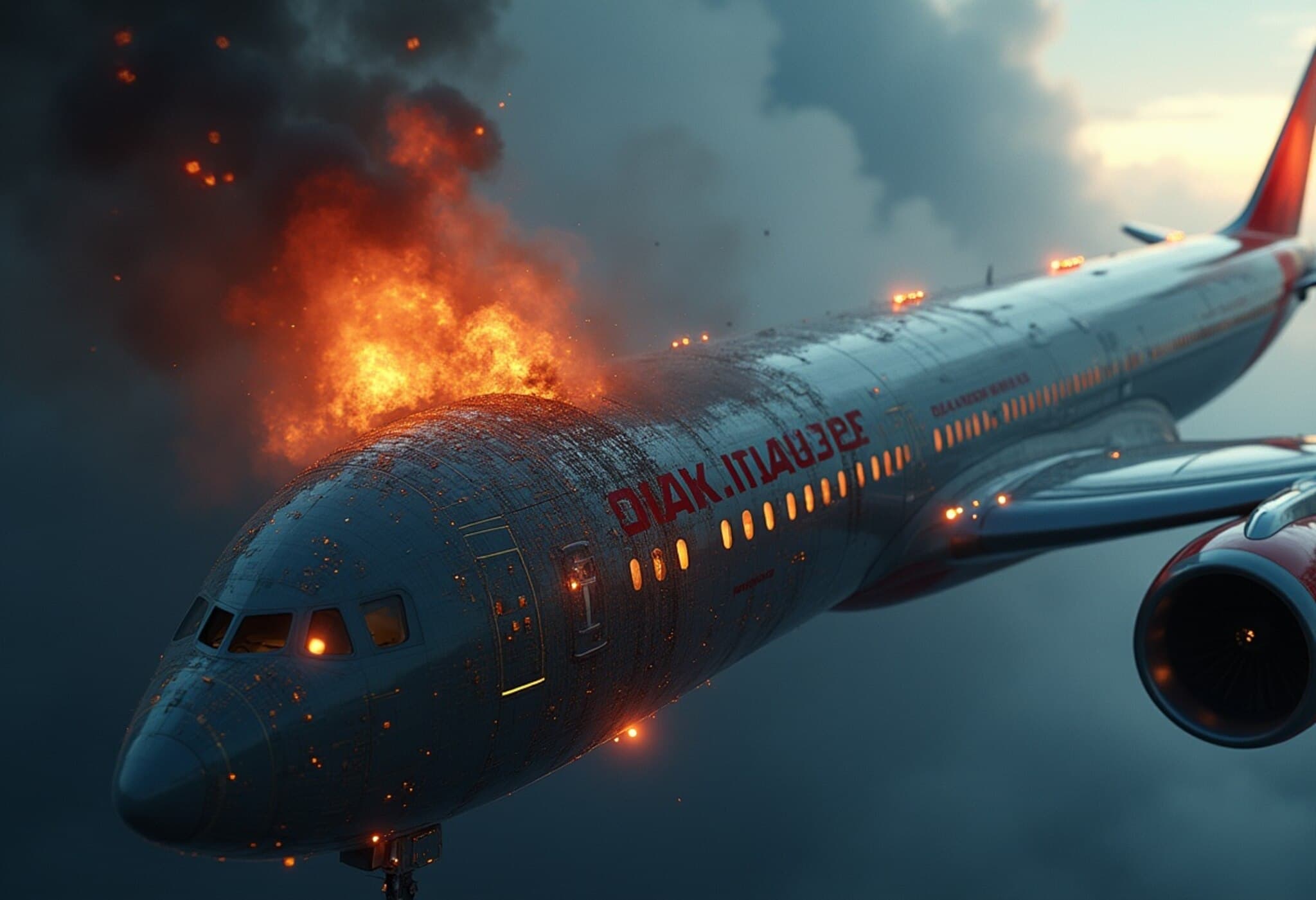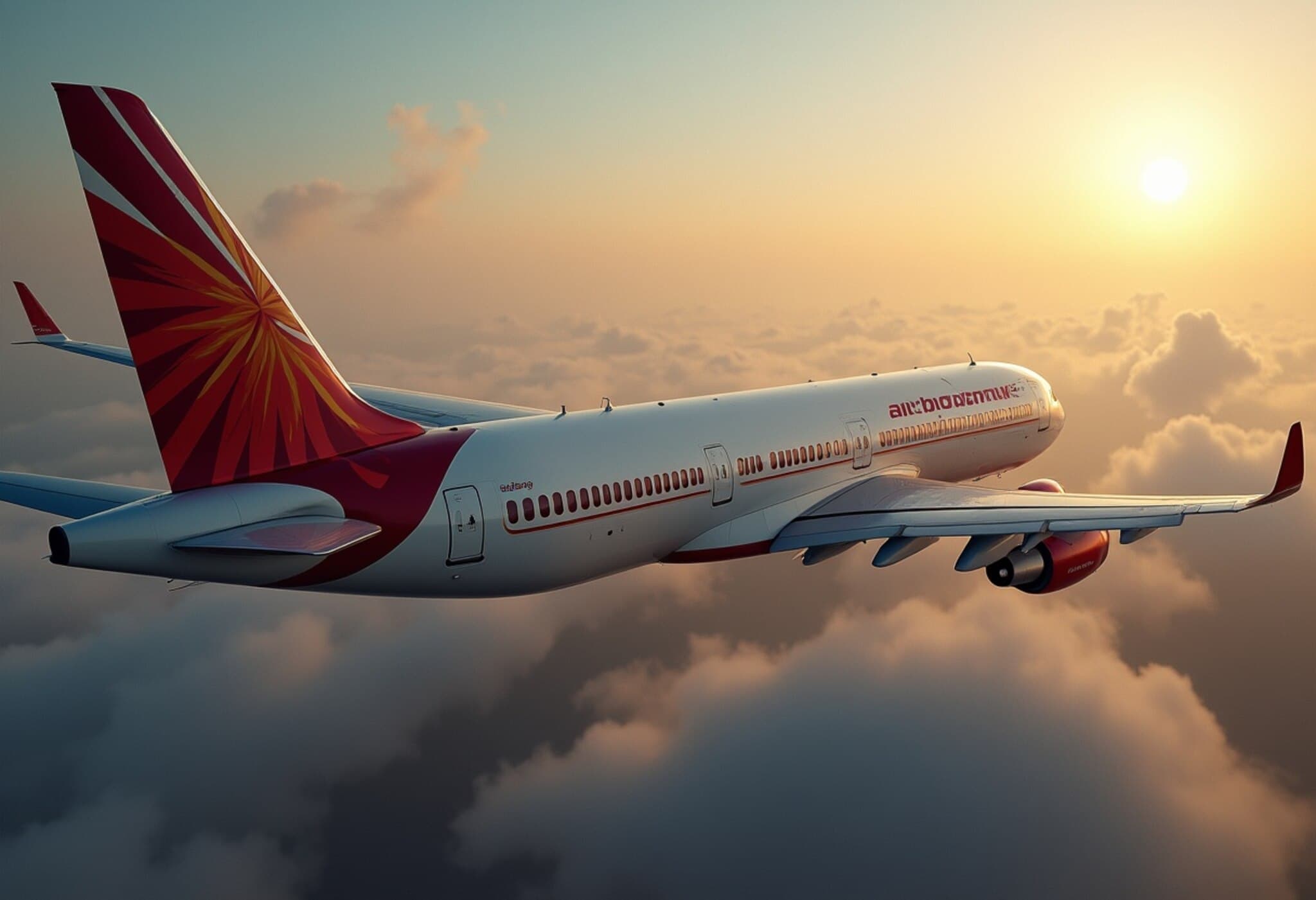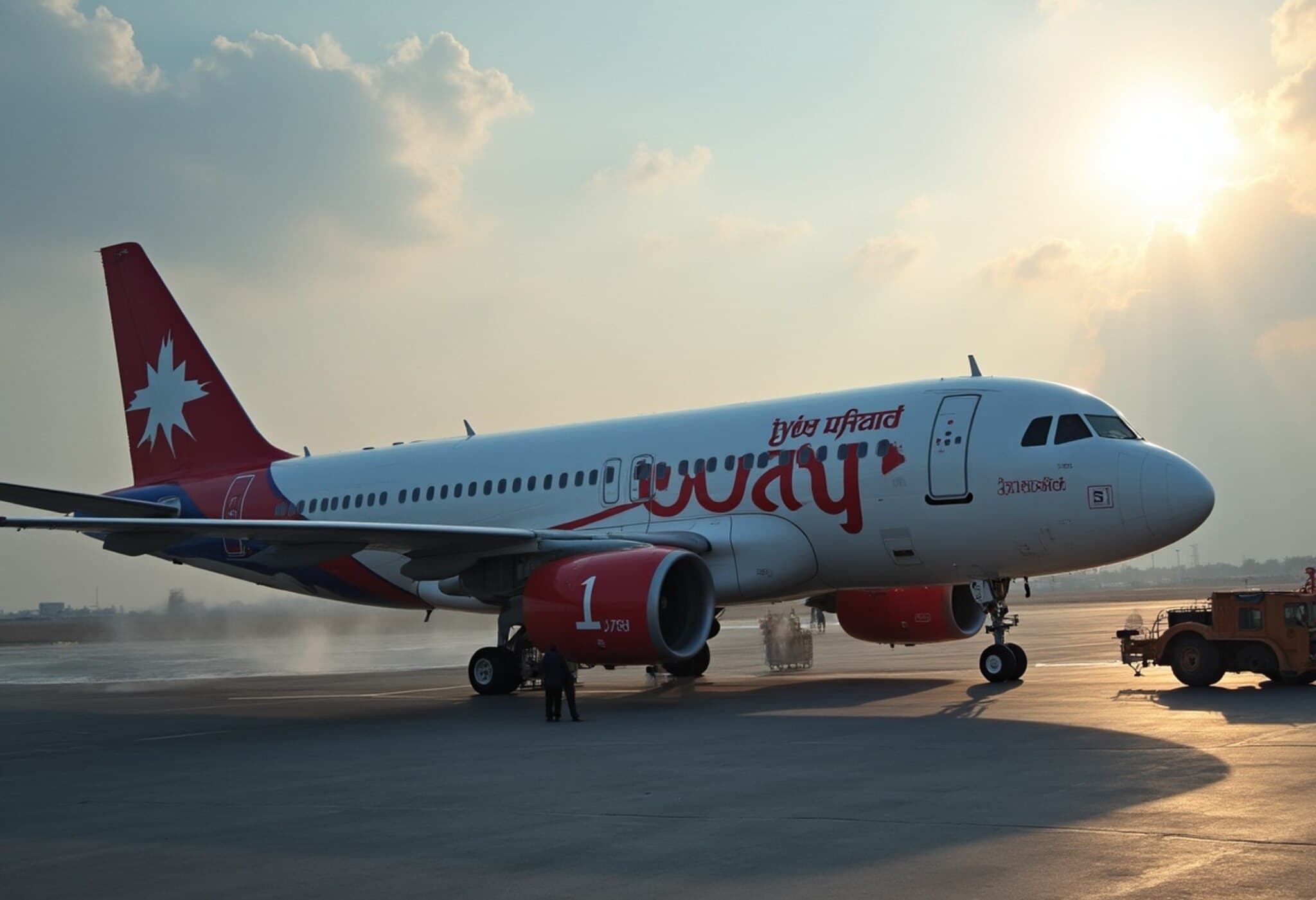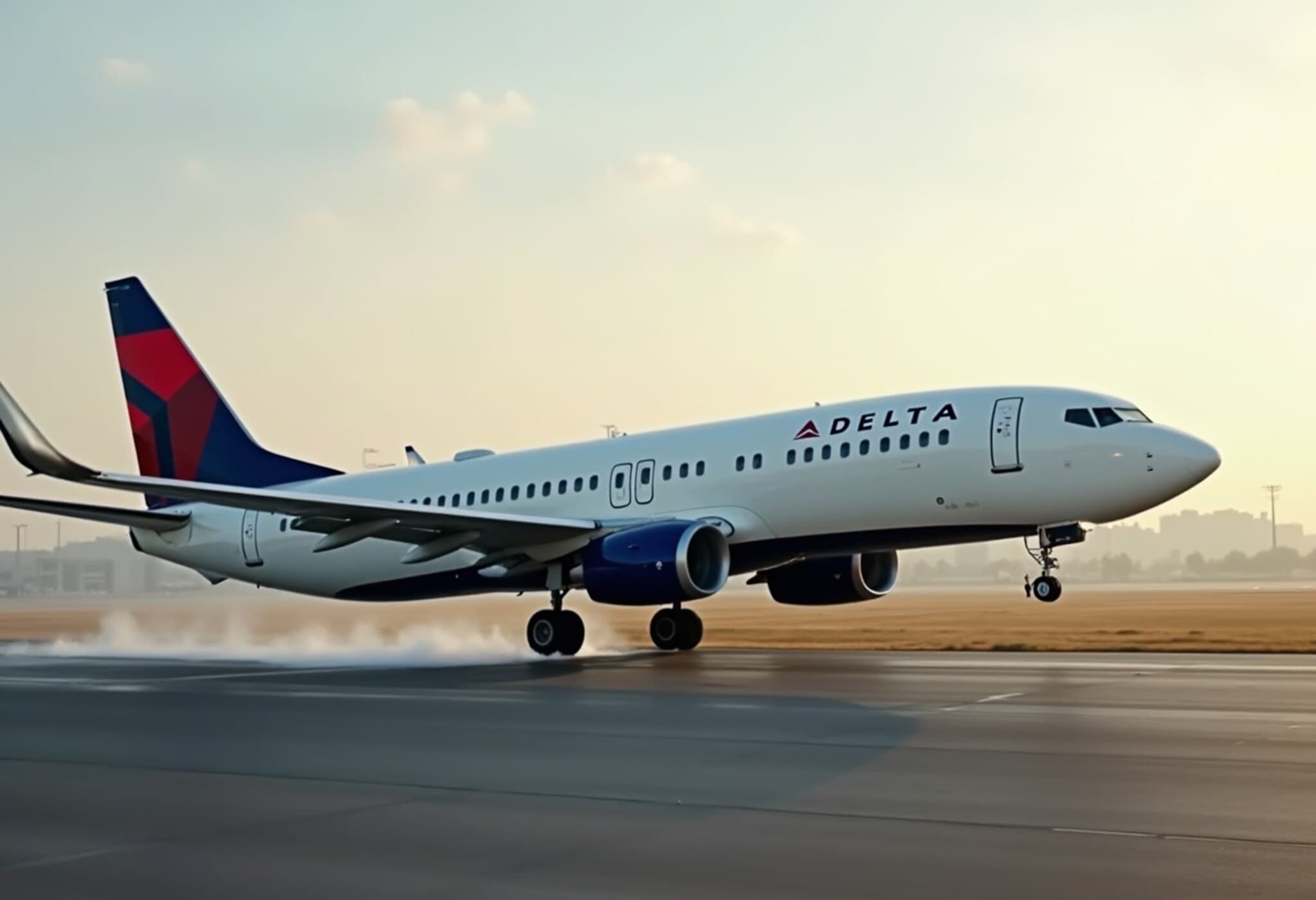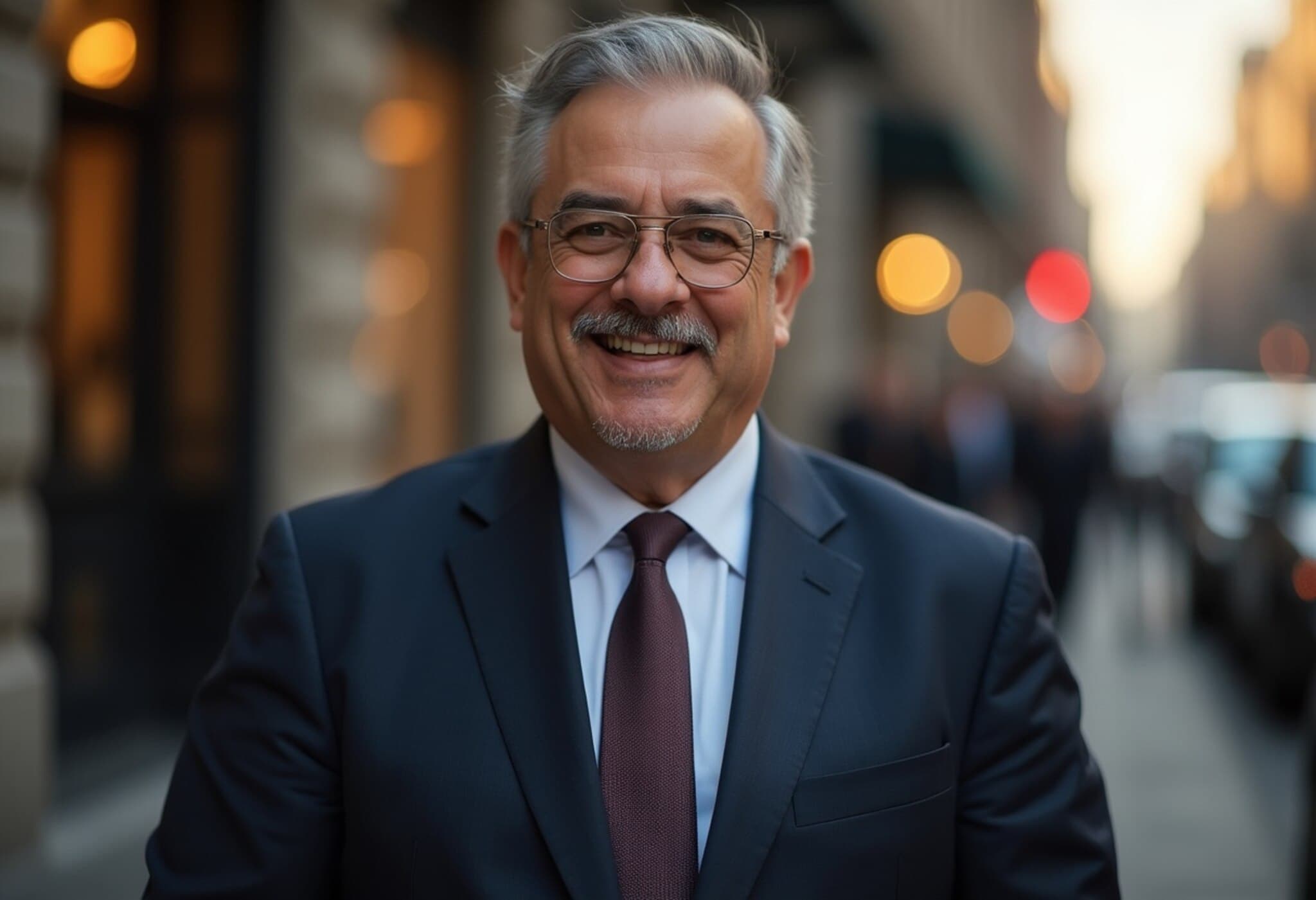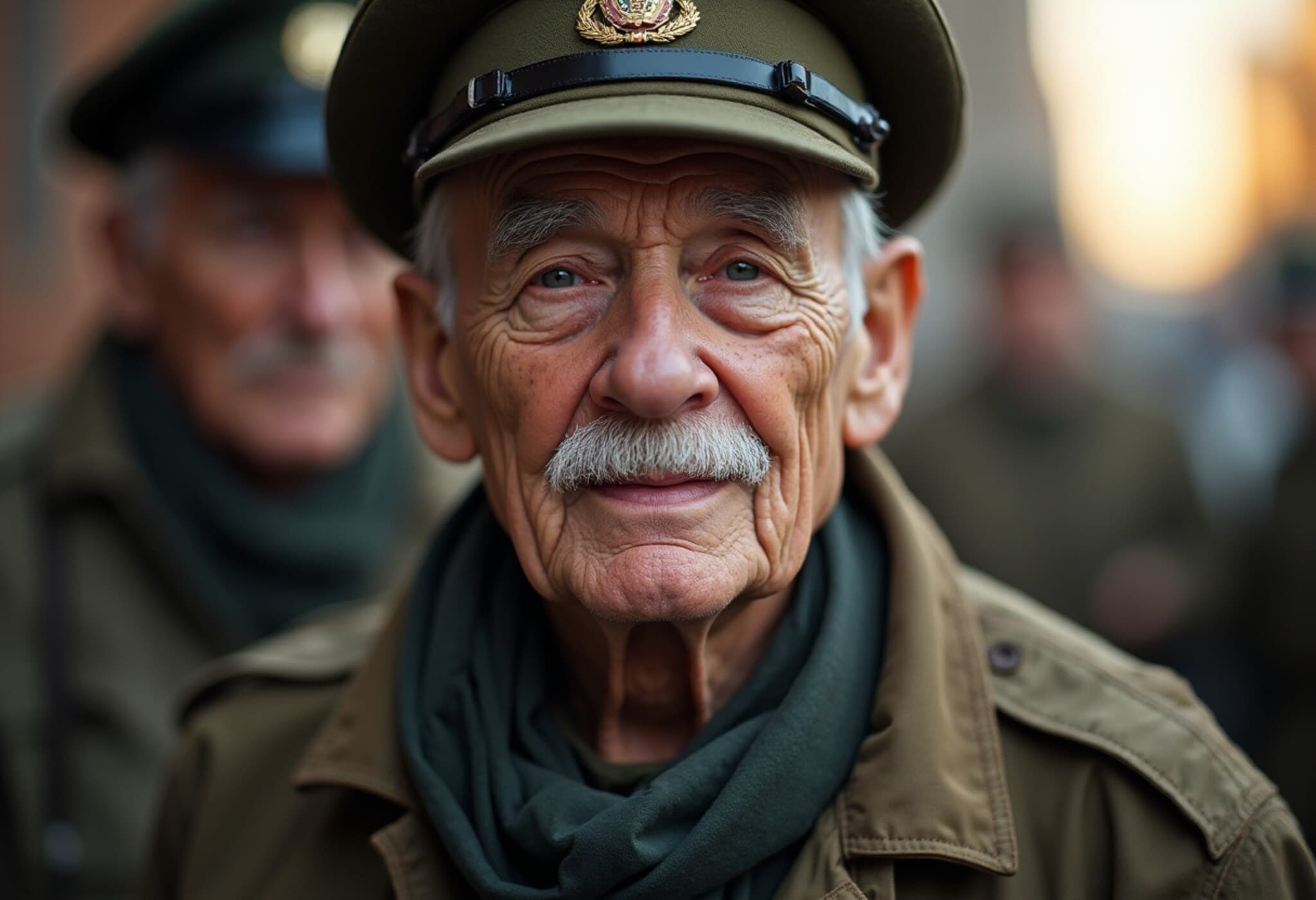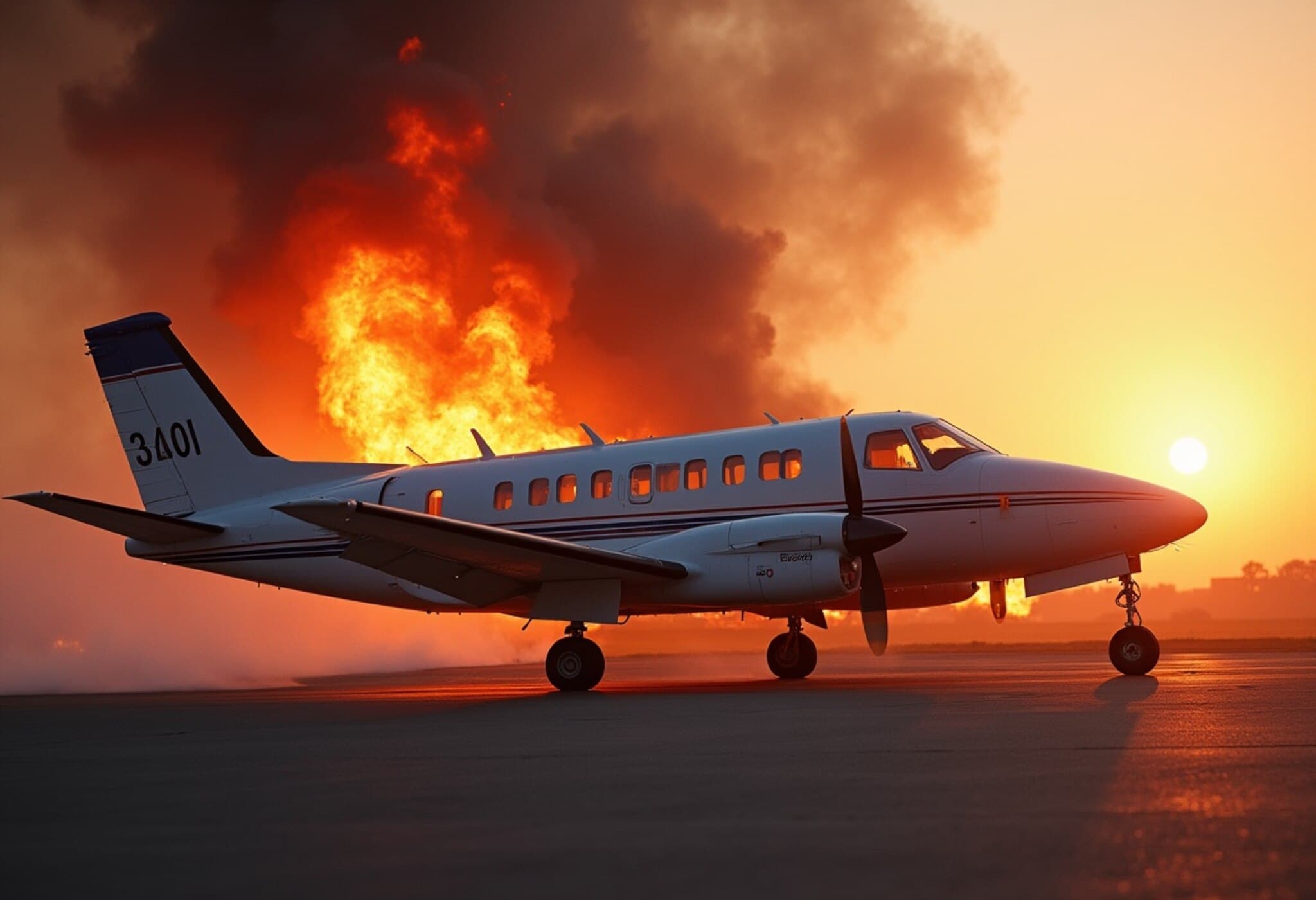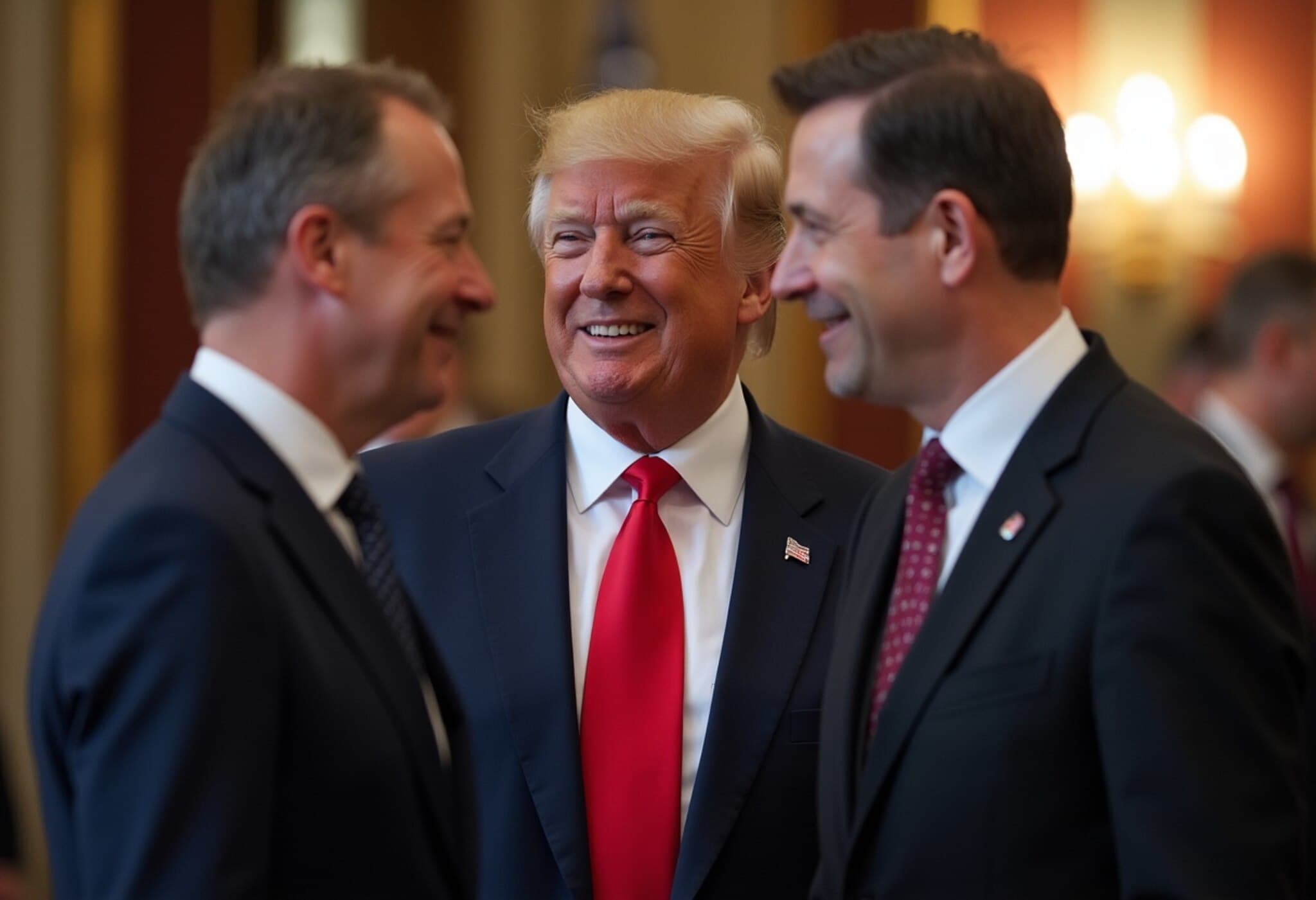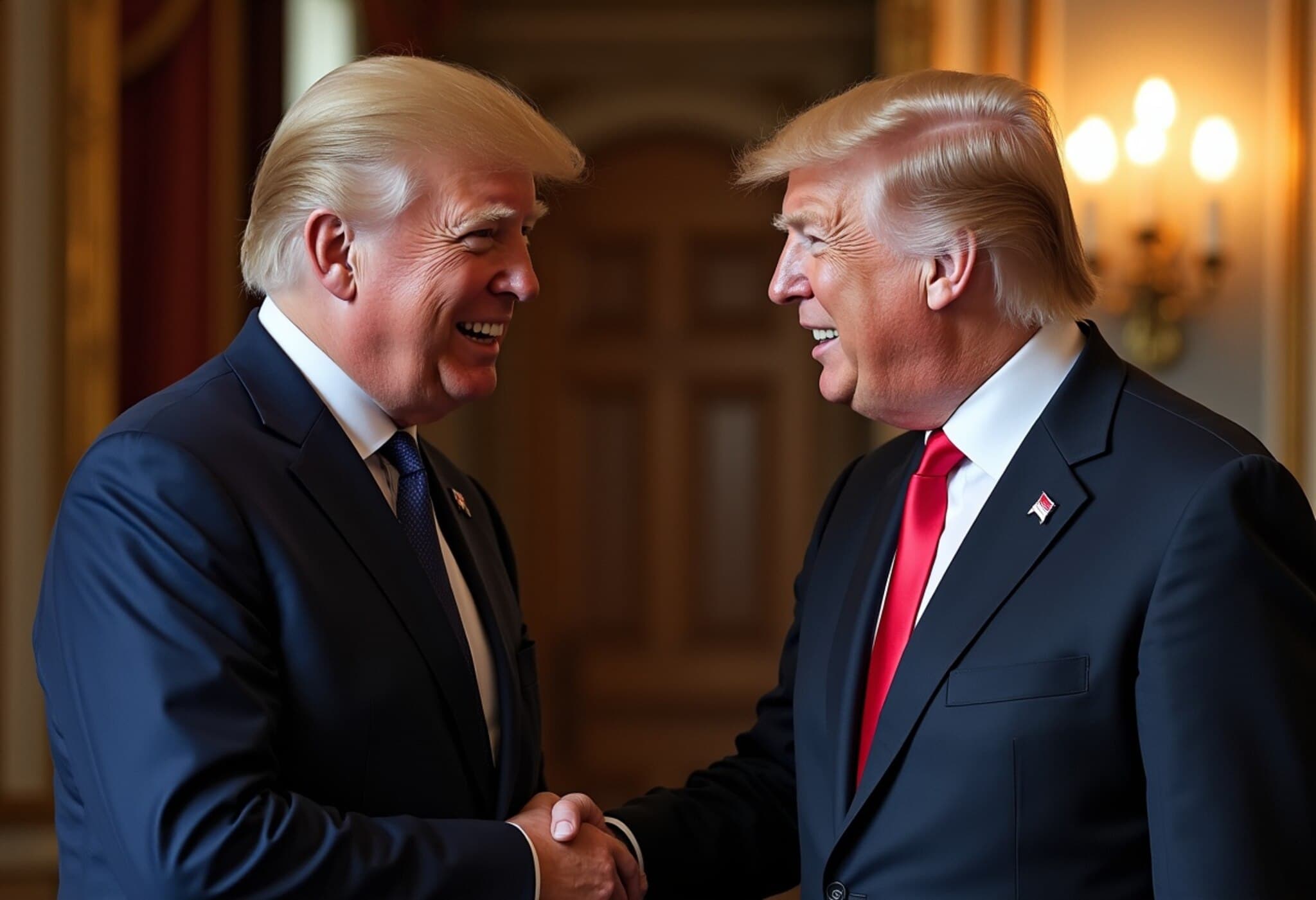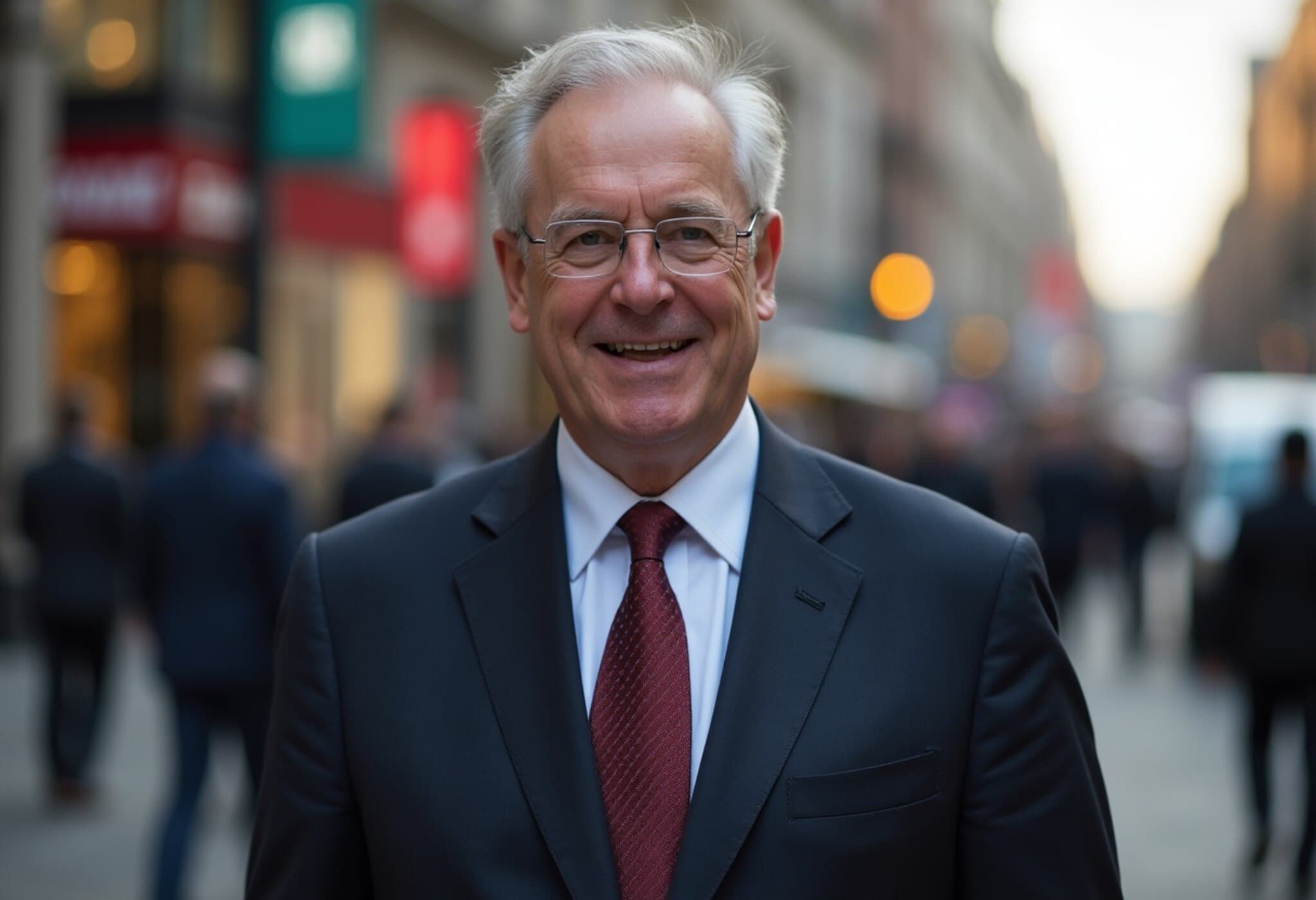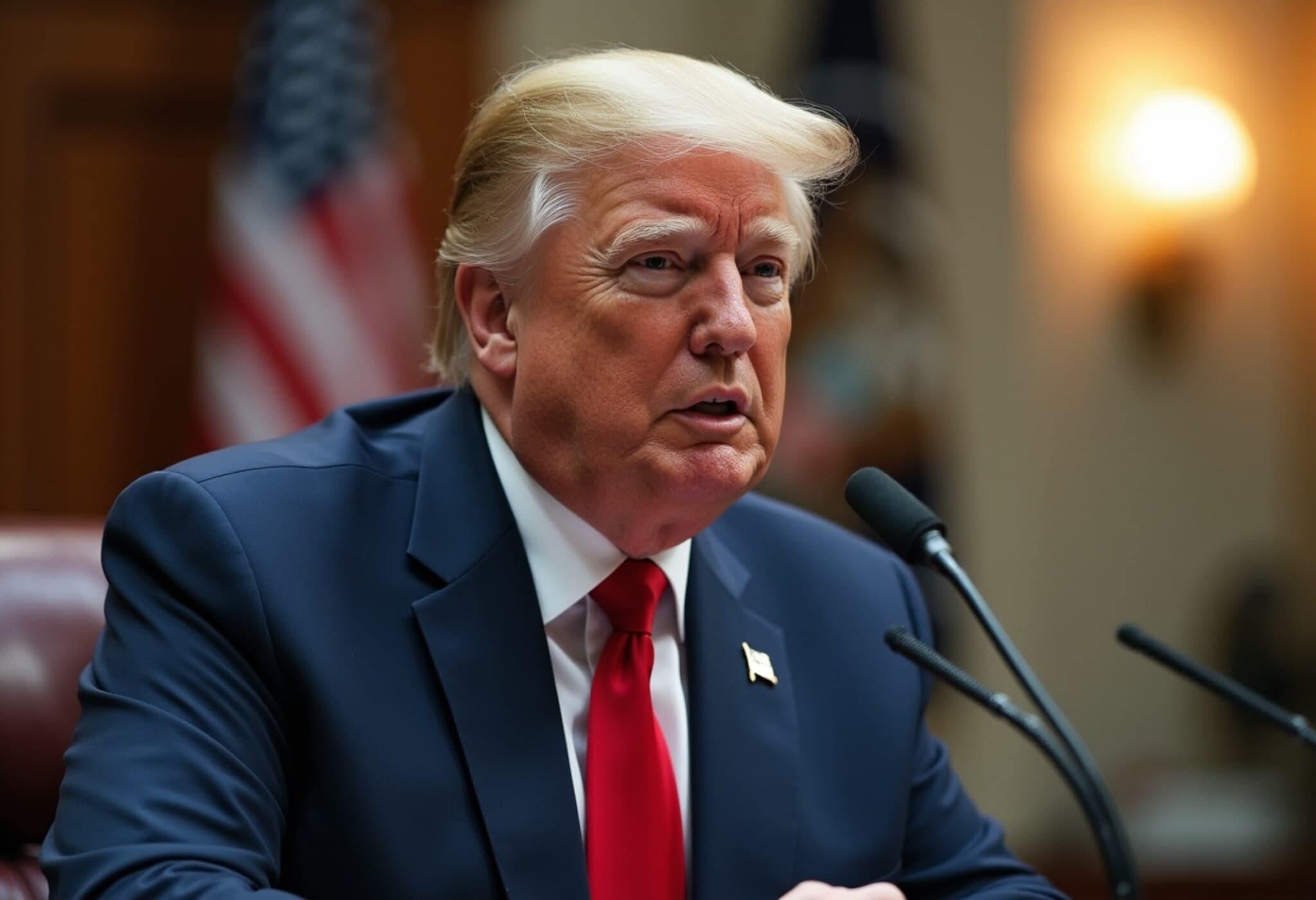Air India Crash Victims’ Families in UK Receive Wrong Bodies, DNA Tests Confirm
In a heartbreaking development following the tragic crash of Air India Flight 171, multiple families of British victims have been handed incorrect remains, according to a recent investigation. The June 12 crash in Ahmedabad, Gujarat, claimed 260 lives, including 52 British nationals. While Indian authorities initially identified victims using genetic and dental records before transporting remains to the United Kingdom, a DNA verification process in the UK revealed significant errors in body identification.
Unfolding the Tragedy: What Went Wrong with Identification?
The London-bound flight AI 171 crashed shortly after takeoff, thrusting grieving families into an agonizing ordeal. The errors came to light when Dr. Fiona Wilcox, Inner West London’s coroner, began cross-checking DNA samples from remains with those provided by families. The Daily Mail's report highlighted at least two cases where families received either the wrong entire remains or mixed cremains, leading to disrupted funerals and irreversible distress.
Cases Illustrate Depth of Mishandling
- In one instance, a family had to cancel funeral arrangements after discovering the coffin contained the wrong body.
- In another, multiple individuals’ remains were mistakenly combined in a single coffin, forcing the family to conduct partial funerals after separating identified remains.
The report raises fears that such errors may be more widespread, prompting an ongoing inquiry. British Prime Minister Sir Keir Starmer is expected to discuss the mishandling with Indian Prime Minister Narendra Modi during his UK visit.
Families Demand Transparency and Accountability
Voices from the bereaved highlight the profound inadequacy in the handling of this crisis. One relative lamented the "lack of transparency and oversight in the identification and handling of remains," calling for a dedicated British identification unit to be deployed to Ahmedabad to prevent future errors.
Another grieving family member, Altaf Taju from Blackburn, shared poignant remarks to the Daily Mail: "Our loved ones were British citizens. They deserved better in life. They certainly deserved better in death." According to him, families were not permitted to view the remains, instead relying solely on labels assigned by Indian officials, which turned out to be flawed.
Challenges in Cross-National Disaster Response
This tragic episode underscores the complexities in managing international aviation disasters, especially when victims hail from multiple countries. Indian authorities relied on DNA and dental records; however, the lack of direct family involvement and independent oversight contributed to critical mistakes.
These identification failures raise urgent policy questions about protocols for mass casualty events involving multinational victims:
- Should international teams be embedded at crash sites to oversee body identification?
- How can governments ensure families receive accurate and respectful closure amid bureaucratic complexities?
- What reforms are needed in cross-border forensic cooperation and transparency?
Looking Ahead: Lessons and Implications
This incident exposes not only logistical and forensic shortcomings but also highlights the emotional wounds inflicted when families are denied certainty and dignity. In the United States, where aviation regulations emphasize victim rights and support structures post-disaster, these events serve as a cautionary tale for global aviation safety and disaster response frameworks.
As the investigation proceeds and diplomatic dialogues unfold, the world watches for assurances that such mistakes will not recur — offering some measure of solace to families navigating this unimaginable grief.
Editor’s Note
The distress caused by misidentification of crash victims illuminates critical gaps in international disaster management protocols. For families, the pain of loss is exacerbated when certainty and respect in death are compromised. This tragedy calls for urgent dialogue on implementing more robust, transparent forensic processes and cross-border cooperation to uphold the dignity of victims worldwide. As British and Indian authorities engage in discussions, readers are left to ponder: How can global systems better safeguard families in times of crisis?

